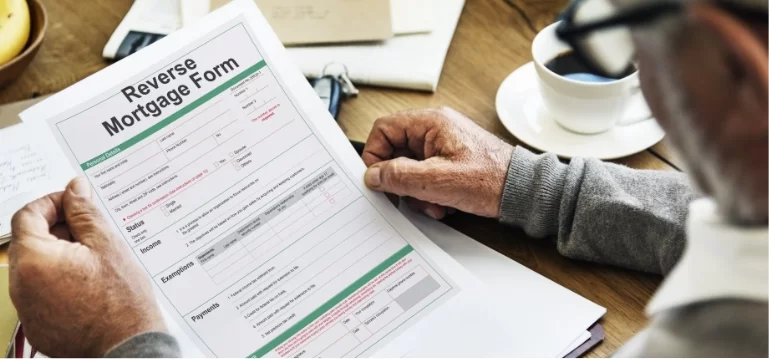
How Seniors Can Be Use A Reverse Mortgage Loan To Buy A New Home
Many seniors in America start feeling trapped as the age. They love their existing home but it is either no longer suitable for them for mobility reasons, or they feel increasingly isolated from friends and family. The good news, however, is that with a reverse mortgage loan, seniors over the age of 62 can relatively easily secure financing on a new property, even if they do not want to sell their existing home.
The Quick & Simple 2017 Reverse Mortgage Guide
Many seniors are already familiar with the benefits of a reverse mortgage when it comes to accessing the equity in their existing property. With balances never coming due until properties are sold or the holder of a reverse mortgage loan passes away, reverse mortgage loans are widely used already by seniors looking to live as prosperously as possible in their retirement.
There is only one problem. In the past, if a senior person wanted to purchase a new property, they would usually have to use all the equity in their existing property in an all-cash transaction. Alternatively, a senior would have to use a significant portion of their fixed retirement income to pay new monthly mortgage balances. This is why in 2009, the Home Equity Conversion Mortgage (HECM) was introduced.
How a Reverse Mortgage Loan Works
With a reverse mortgage HECM, a senior person can borrow up to 52% of a new home’s purchase price if they are at least 62 years of age, have no delinquent federal debt, will use a purchased property as their primary residence, and can pay all property taxes, HOA fees and other costs independently.
The key difference between a regular mortgage and a HECM loan, however, lies with the fact that after qualifying, seniors will not be liable for any monthly mortgage or interest payments. Instead, amounts borrowed will be paid in full on the advent of a person’s death or the sale of their property.
Benefits of a Reverse Mortgage
While some seniors might feel daunted at the prospect of having to repay loan amounts in full on the advent of their death, one of the key benefits of a reverse mortgage lies with the fact that if a loan balance is greater than the amount of equity in a property, there is no liability for heirs to pay the outstanding balance. Instead, lenders themselves are insured against such losses. For many seniors, this makes reverse mortgages ideal for increasing their purchasing power, whilst simultaneously enjoying their retirement to the fullest extent possible.
Could a Reverse Mortgage be Right for You?
The key thing to keep in mind when considering using a reverse mortgage to purchase a property is that every payment and all interest accrued over the duration of a loan, can eat significantly into the equity of properties which loans are secured against. This being the case, little might be left after a loan is paid in the way of inheritance for surviving heirs. At the same time, all seniors should make sure that they won’t need money borrowed against the equity in their home for other purposes such as future medical bills.


